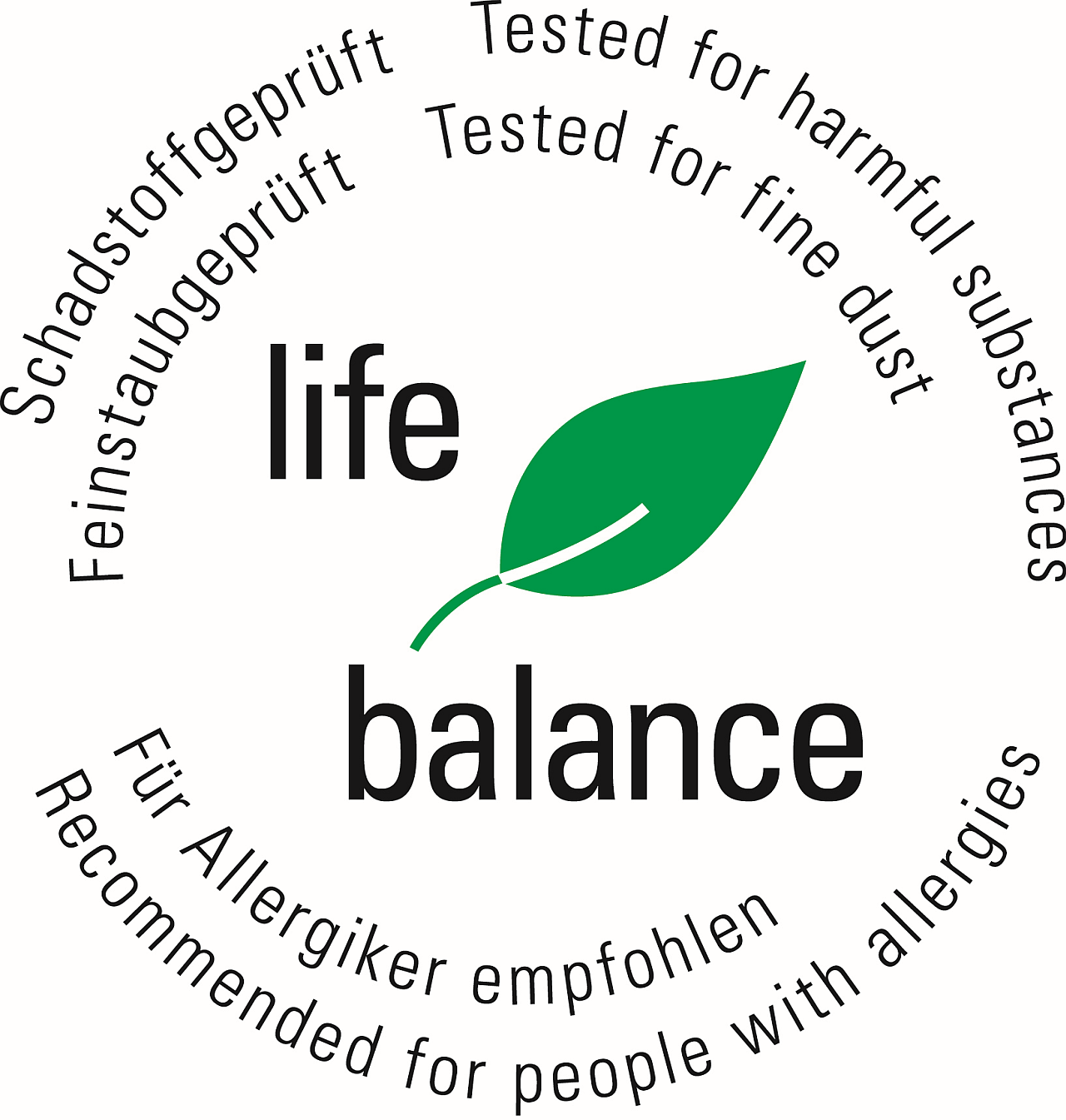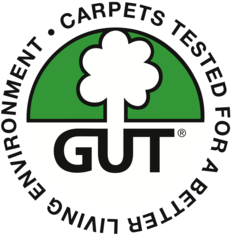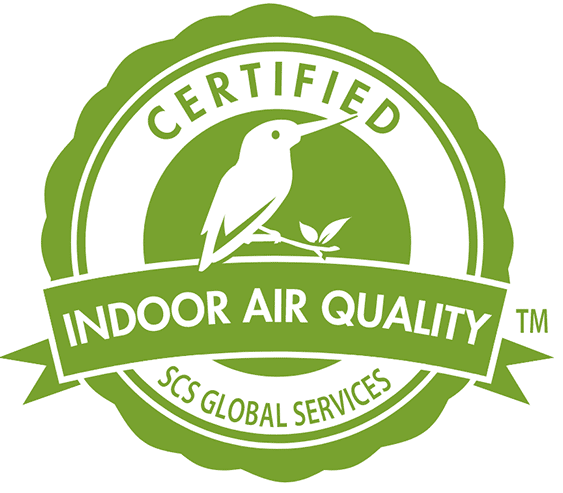Company
The brand NORDPFEIL as part of DAS TEPPICHWERK
Under the NORDPFEIL brand, DAS TEPPICHWERK provides textile floor coverings that are aligned at the needs of the market and target group. NORDPFEIL products stand for a profound understanding of the needs of retailers as well as architects and contractors. Tailor-made for the respective segment. The products inspire customers with its market-compliant and consumer-friendly designs and surfaces.
Functionality and excellent quality are indispensable to the brand essence of the products that are available from stock or as individual contract manufacturing. The production is environmentally friendly and goes beyond the required ecological standards.
Sustainability
Ecology and sustainability as aspects of the modern corporate orientation have always been anchored at DAS TEPPICHWERK. The production of the carpets and tiles is consistently based on the aspects of sustainability and environmental protection and is subject to the strictest quality and process standards, as evidenced by numerous international quality and environmental seals.






Carpet floorings which feature the Indoor Advantage GOLD certification are proven to make an important contribution to the improvement of a room‘s climate. This comes as no surprise – after all, SCS Global Services checks textile floor coverings from DAS TEPPICHWERK on the basis of international scientific standards and confirms that they meet the strict limit values for chemical emissions with regard to volatile organic
compounds (VOC) and thus promote a healthy indoor air qualiy.
Geschichte
Im Jahr 1951 gründete Hubertus Rösel in Geesthacht in den Gebäuden der ehemeligen Pulverfabrik Düneberg die Norddeutsche Teppichfabrik (Marke „Nordpfeil“).
Dem mit neun Mitarbeitern aus Thüringen geflüchteten Rösel gelang eine rasche Expansion. So nahm er 1954/55 eine eigene Spinnerei und eine Färberei in Betrieb. Die Teppichfabrik verarbeitete neuseeländische Schurwolle. 1958 beschäftigte sie 490 Menschen, in Spitzenzeiten sogar bis zu 600.
Der Markenname „Nordpfeil“ stand über Jahrzehnte für beste Qualität bei Teppichböden.
Frühzeitig war die Norddeutsche Teppichfabrik nach ökologischen Gesichtspunkten gestaltet worden. Bei der Planung, dem Bau und dem Ausbau der Norddeutschen Teppichfabrik wurden der vorhandene Waldbestand weitgehend erhalten und die Produktionsgebäude harmonisch in die Landschaft eingefügt. Dafür wurde der Betrieb bereits im Jahre 1969 vom Bundesministerium für Umwelt und Städtebau im Bundeswettbewerb “Industrie in der Landschaft” mit der Silberplakette ausgezeichnet.
Die Norddeutsche Teppichfabrik fasste alle Fertigungsstufen vom Spinnen der Garne bis zum fertigen Produkt mit integrierter Qualitätssicherung in einem Werk zusammen. Dazu gehörten auch die Bereiche Entwicklung und Design mit modernsten Computern und Laboreinrichtungen. So konnten internationale Trends schnell in kreativen NORDPFEIL-Produkten verwirklicht werden. Für zahlreiche Projekte entwickelte das Unternehmen maßgeschneiderte gewebte und getuftete Teppichböden.
Mit dem Boom anderer Fußbodenbeläge (vor allem Laminat) sank der Absatz. Im August 2013 geriet das Unternehmen in die Insolvenz. Gläubiger waren unter anderem die Hausbank und der städtische Abwasserbetrieb. 350 Mitarbeiter waren von dem Insolvenzverfahren betroffen. Das Unternehmen Vorwerk (Hameln) sicherte sich im Rahmen des Insolvenzverfahrens den Markennamen „Nordpfeil“ und fertigte mit etwa 80 verbliebenen Mitarbeitern vorerst weiter in Geesthacht. Allerdings wurde die Produktion an der Düneberger Straße im Herbst 2016 endgültig eingestellt und nach Hameln verlagert.
History
Founding
Expansion
Best carpet quality
In 1958 it employed 490 people, at peak times even up to 600.
The brand name "Nordpfeil" stood for for decades
best quality for carpets.
The North German Carpet Factory was designed according to ecological criteria at an early stage. During the planning, construction and expansion of the North German Carpet Factory, the existing forest was largely preserved and the production buildings were harmoniously integrated into the landscape.
Creative development
For this, the company was awarded the silver plaque by the Federal Ministry for the Environment and Urban Development in the federal competition "Industry in the Landscape" in 1969.
The North German Carpet Factory combined all production stages from the spinning of the yarn to the finished product with integrated quality assurance in one plant. This also included the areas of development and design with state-of-the-art computers and laboratory equipment. This enabled international trends to be quickly implemented in creative NORDPFEIL products.
The company has developed tailor-made woven and tufted carpets for numerous projects.
Insolvency
Vorwerk Hameln
Launch of MOOREA carpet tiles collection
Vorwerk flooring presented the new carpet tile collection called MOOREA in a nationwide roadshow at various locations.
